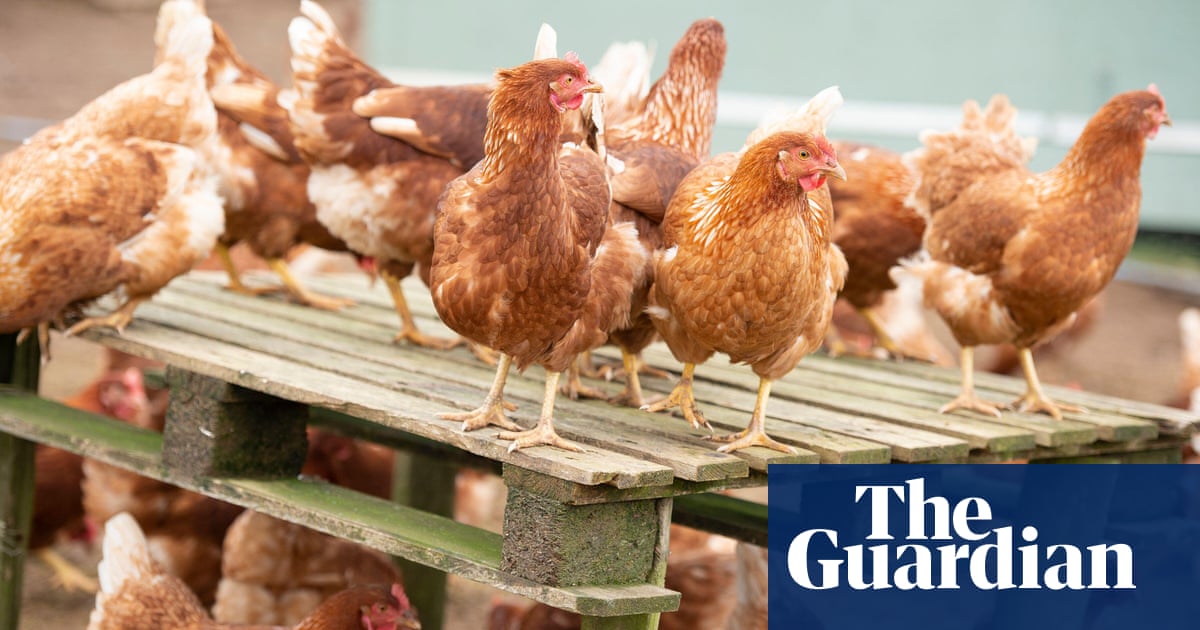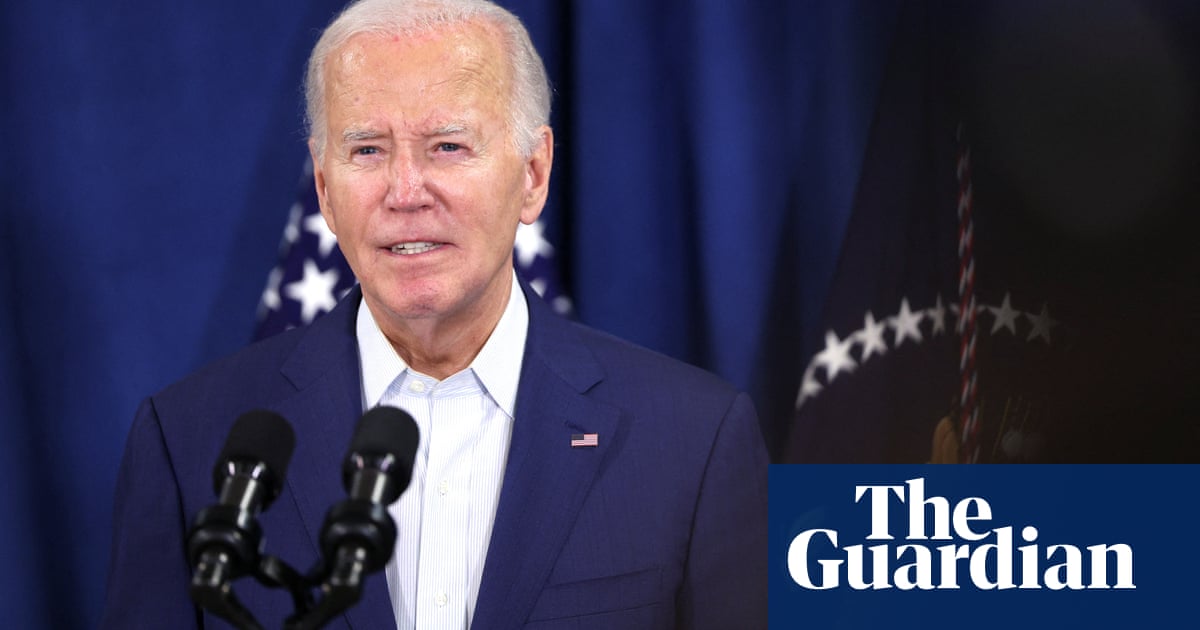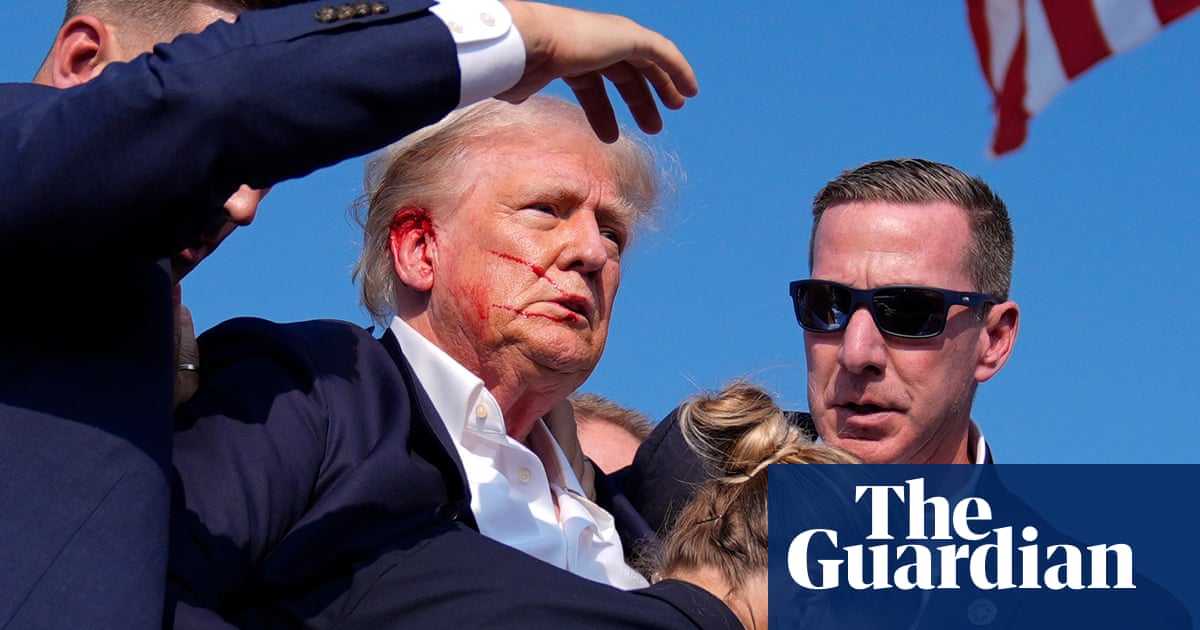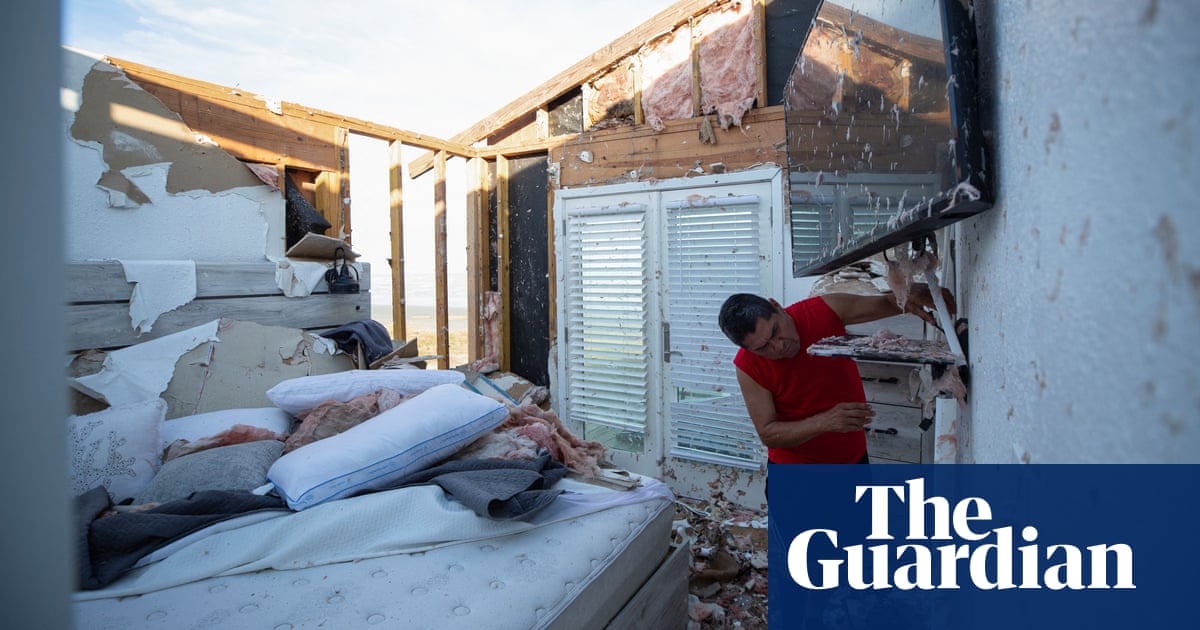The chicken industry is facing calls to halt the expansion of intensive production in the River Severn catchment, with campaigners warning that the river is at risk from the same pollution that has blighted the River Wye.
An outcry over the ecological plight of the Wye has effectively halted the proliferation of intensive poultry units across the catchment. Campaigners say that the pollution threat is being transported âfrom one catchment to the otherâ.
The ecological health status of the Wye was downgraded in May last year by Natural England. Campaigners warn of phosphates from poultry litter that are being washed into the Wye and fuelling the growth of algae blooms, which can suffocate a river.
River Action, a charity promoting the restoration of rivers, is now supporting an application for judicial review of a decision by Shropshire council to approve four units to house 230,000 birds at Felton Butler, Shropshire, in the Severn catchment.
Charles Watson, chairman of River Action, said that planners in the Wye catchment had failed to consider the combined effect of intensive poultry units. He warned that the River Severn now faced a similar threat.
Watson said: âLike an appalling car crash in slow motion, exactly the same set of tragic events is now unfolding in the neighbouring catchment of the River Severn. Shropshire council is waving through the planning system more and more huge intensive poultry-unit applications.
âRiver Action is determined to prevent a re-run of the environmental scandal of the Wye taking place across yet another one of the UKâs iconic rivers.â
The application for judicial review says that the council failed to assess the likely effects of manure and biomass emissions. The farm has proposed various mitigation measures to reduce manure pollution, emissions and odour.
The planning documents state: âno manure arising from the poultry sheds will be spread on the land; it is taken to a licensed waste treatment.â River Action says that the planning conditions do not prevent the phosphate-rich digestate from the processed manure being spread on other land in the catchment.
The application has been made on behalf of Alison Caffyn, a rural researcher who has helped collate data on intensive poultry production in the catchments of the Wye and Severn. She estimates that there are about 250 intensive poultry units and 30m birds in the western catchment of the Severn, including Shropshire and Herefordshire. She said: âThey just look at each individual planning application one by one. They are not doing a good job of assessing the cumulative impacts.â
The Angling Trust last year reported a âworrying level of pollutionâ after taking water samples on the Severn. It published data last year showing that 11 sites had a mean average that exceeded the upper limit of the UK water framework directive for phosphates.
after newsletter promotion
Stuart Singleton-White, head of campaigns at the Angling Trust, said that the Severn faced pollution from sewage discharges, agriculture and run-off from roads. âThe Angling Trust hopes the new government grasps the urgent need for restorative action on the Severn, and across all the UKâs badly polluted rivers,â he said.
A Shropshire council spokesperson said: âThe decision to grant planning permission was made having taken full account of the likely environmental impacts of the proposal.
âThe permission includes a number of conditions to control how the development is carried out, and the operation would also be regulated under an environmental permit. Shropshire council has received a claim form for judicial review of the decision to grant planning permission and is considering its position.â
An Environment Agency spokesperson said: âWe remain committed to protecting watercourses across the country and working with farmers to meet their regulatory requirements and reduce diffuse pollution.â Officials said that planning permissions were decisions for local authorities.








